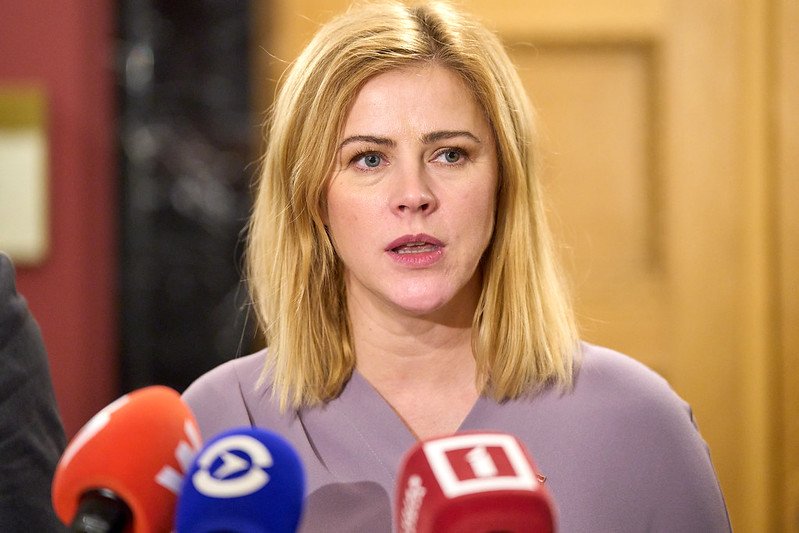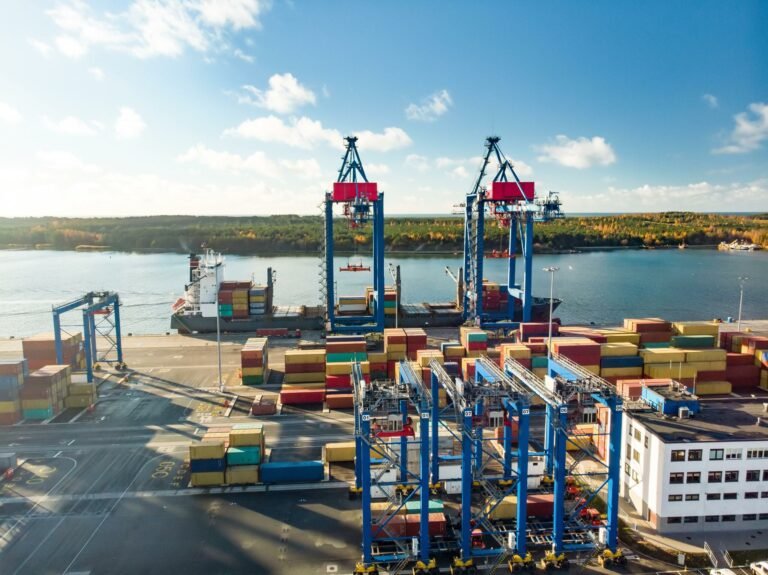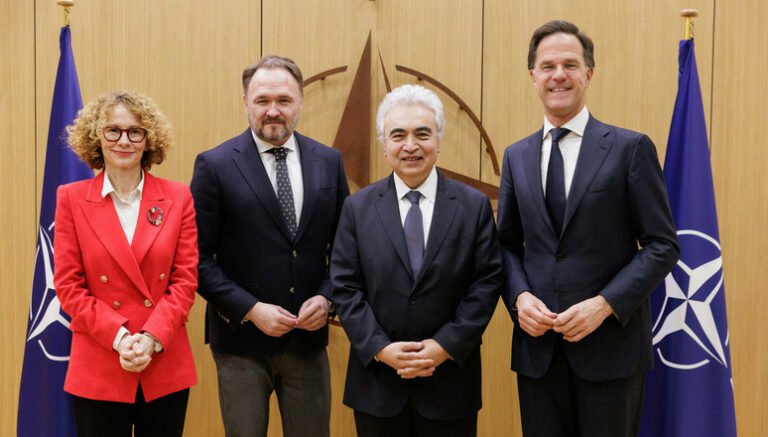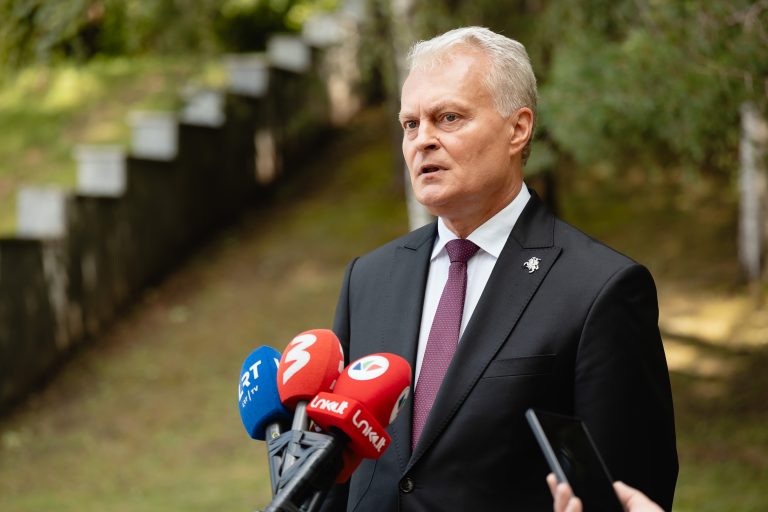The Latvian government has called on businesses to stop importing Russian petroleum gas (LPG) as soon as possible and adapt to planned requirements, Prime Minister Evika Silina (New Unity) told journalists following Monday’s coalition meeting.
At the same time, the prime minister said that it was understandable that a transition period was needed for companies so they can terminate their long-term contracts. The LPG sanctions will come into force at the end of this year.
Economics Minister Viktors Valainis (Greens/Farmers) said that this was a good example of how the EU can work together to achieve a greater effect by protecting the internal market and switching to other energy sources. “This suggests to me that if there is such an EU agreement on gas, there might also be an agreement on a ban on grain imports,” the economics minister said.
Valainis noted that tomorrow, Agriculture Minister Armands Krauze (Greens/Farmers) at a meeting of EU agriculture and fisheries ministers in Brussels will repeatedly urge to support an EU-wide import ban on Russian food and agricultural products.
In Valainis’ words, what seemed impossible a year ago, is a reality today – the ban on Russian LPG imports has been included in the sanctions package.
Andris Suvajevs, chair of the Progressives political group in the Saeima, said that the most important political task has been accomplished, namely, the decision has been taken. So this is a clear signal that importing Russian LPG is unacceptable and that Latvian companies should end their business cooperation with Russia as soon as possible.
As reported, Latvian imports from Russia exceeded EUR 0.5 billion last year, with mineral products, particularly LPG, making up the bulk of this trade, Latvian Television reported.
As of next year, imports of Russian LPG must cease, as the product has been included in the EU’s new sanctions package.
Source: BNS
(Reproduction of BNS information in mass media and other websites without written consent of BNS is prohibited.)






















